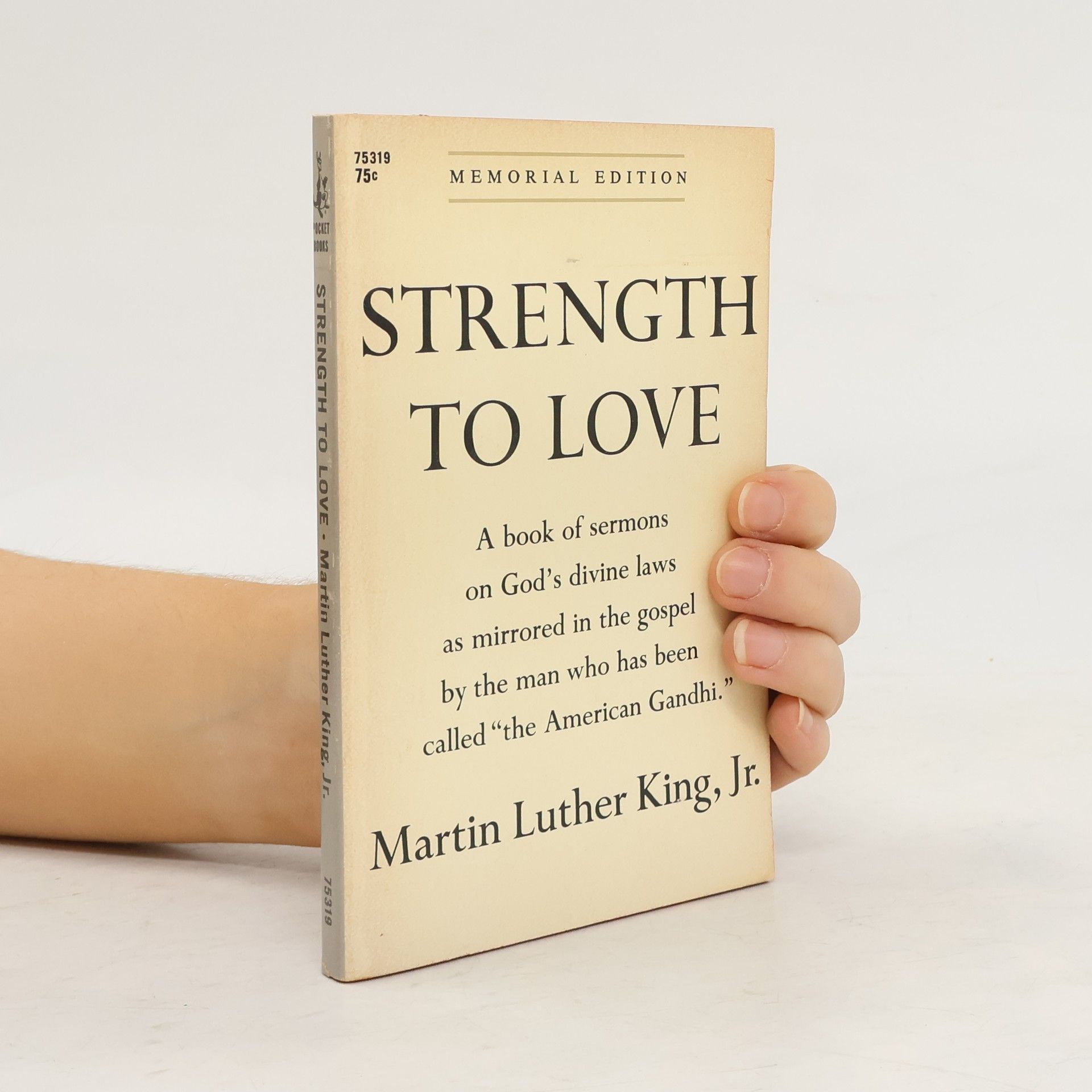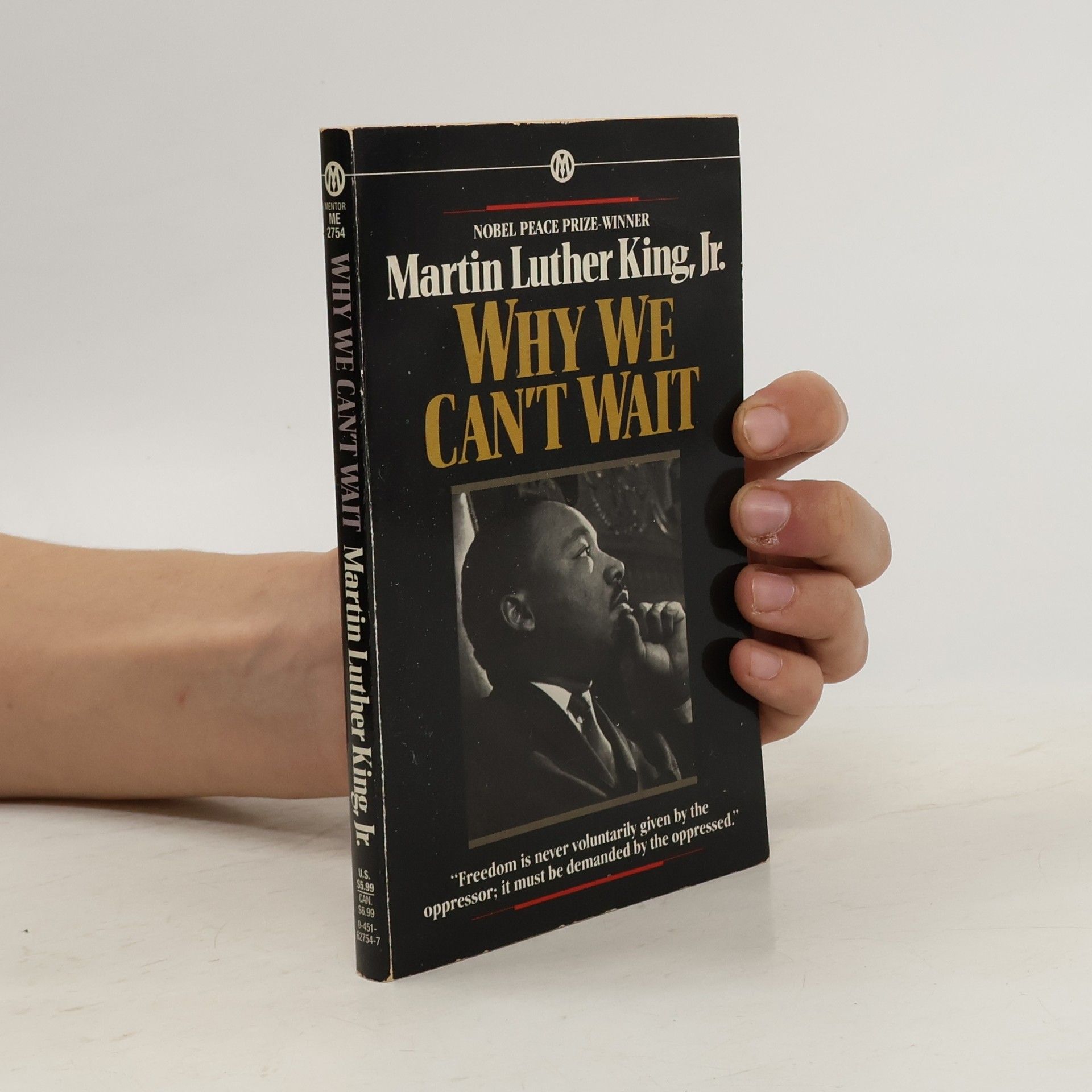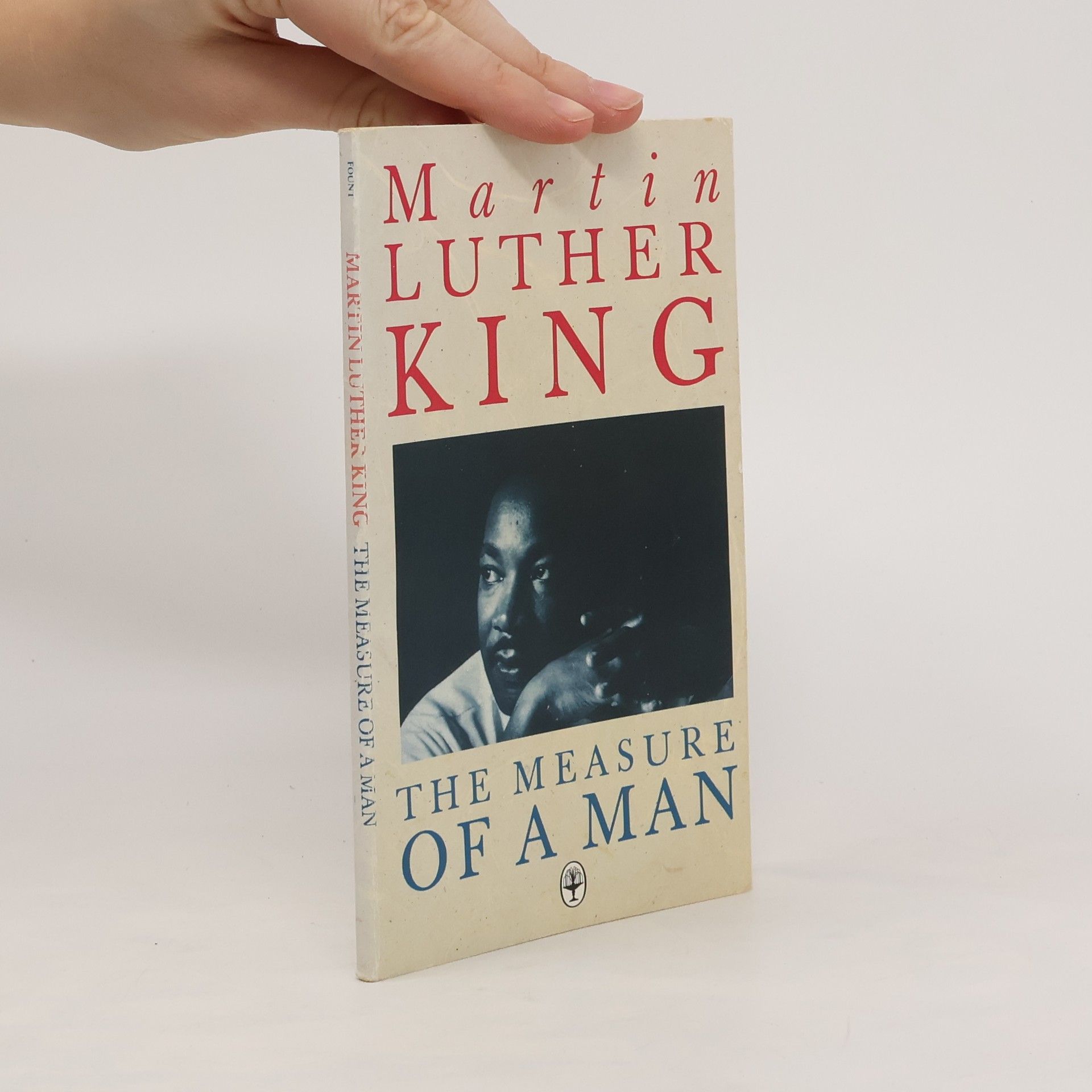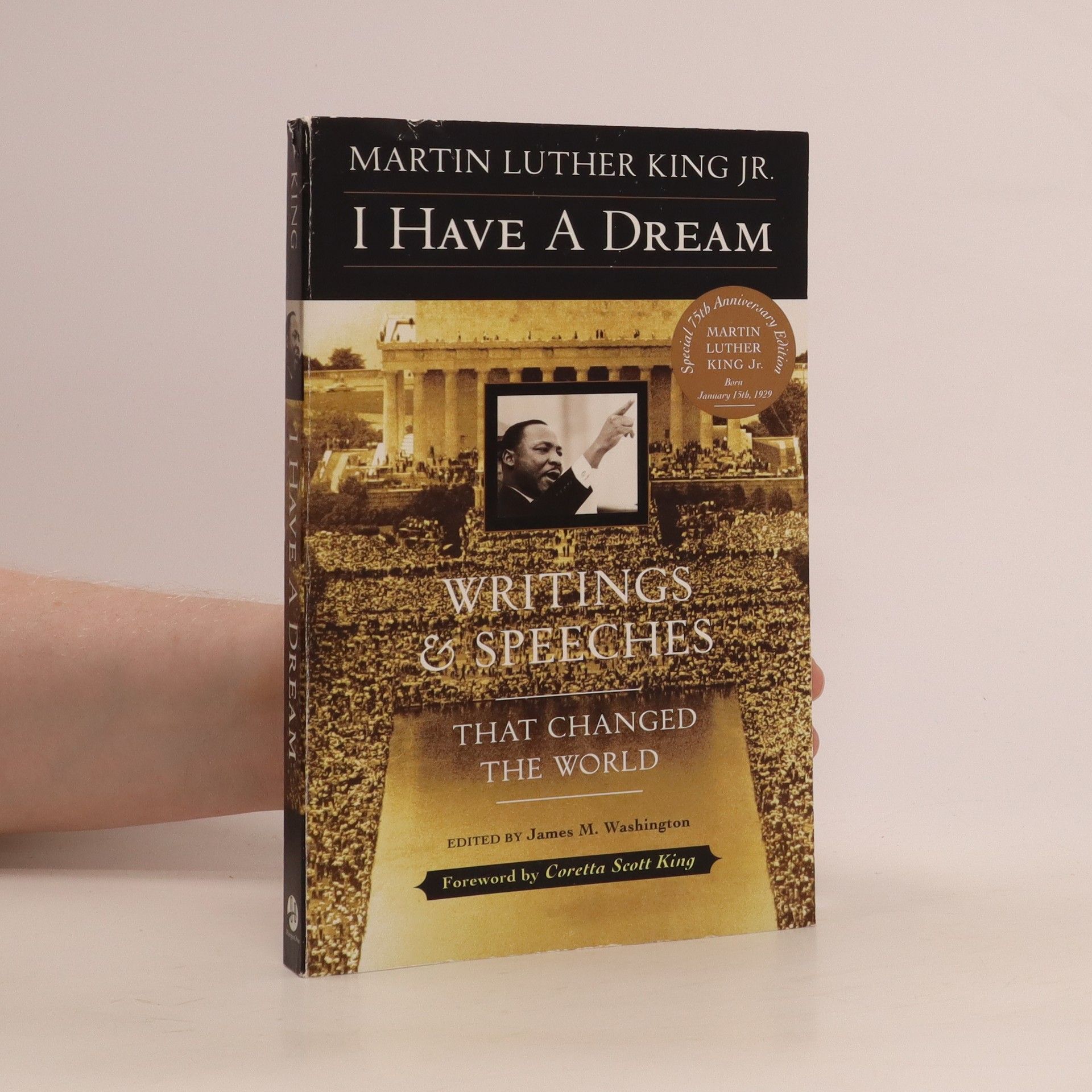Odkaz naděje
- 327 stránek
- 12 hodin čtení
Kniha je prvním výborem z díla Martina Luthera Kinga jr. v češtině. Svým rozsahem a záběrem je to zároveň výbor reprezentativní. Obsahuje celkem dvacet textů různého rozsahu a formy – články, projevy, kázání, rozhovor. Nejstarší je článek Náš zápas z roku 1956, následují slavné i méně slavné texty z 50. a 60. let, jako Americký sen, Dopis z birminghamského vězení, Mám sen, rozsáhlé Interview pro časopis Playboy, projev Je čas prolomit ticho a další. Knihu po předmluvě Erazima Koháka uvozuje slavný Odkaz naděje – esej publikovaný až po Kingově smrti. Zakončuje ji Kingovo poslední kázání Vidím zaslíbenou zemi – pronesené 3. dubna 1968, tedy den předtím, než byl zavražděn.







